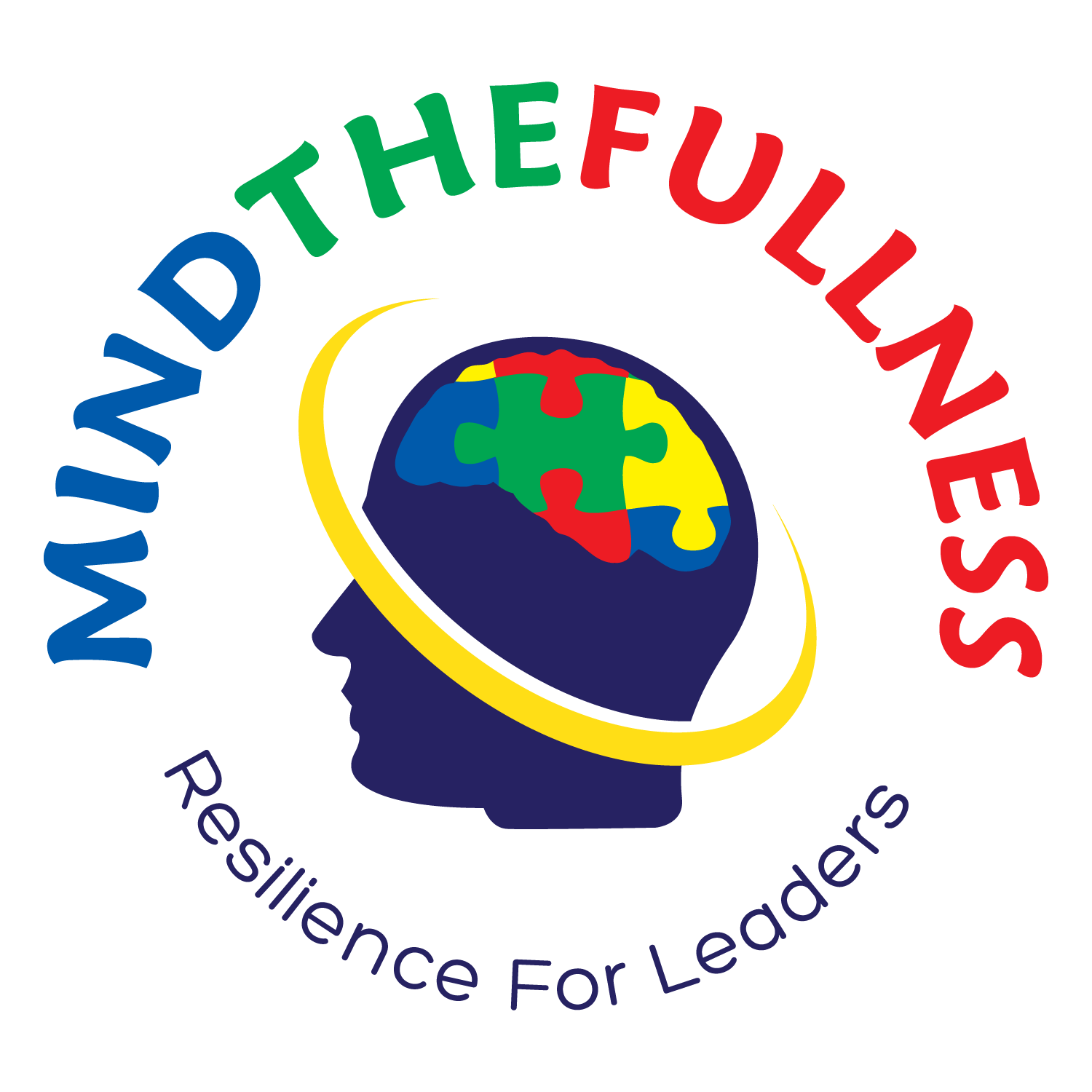Have you identified your values recently? Perhaps surprisingly, most seasoned professionals would answer ‘no’, despite the fact that we exist in an era when we are asking similar questions of machines (Gabriel, 2020). The majority of my coaching and training clients have come to me without having previously given much attention to what their core values might be. Of course, many of our values are implicit and guided by ethical, moral or spiritual beliefs – whether they be associated with religion or simply borne from an innate desire to be a good and decent person.
Explicitly identifying your values can be a useful way to build your resilience. When things are not going as well as expected, or when you react less well than you’d hoped in a situation, realigning to your values can often be an effective way of regulating emotion and invoking bouncebackability.
Here are two examples of how leveraging values has helped me and one of my coaching clients to build resilience.
The ‘It’s as if…’ technique
During one class in my training to become an executive coach, we were led through an exercise to identify our values. I came up with three – humour, optimism and gratitude (always listed in that order as it spells ‘hog’ and I was born in the Year of the Pig, which is funny right there).
When I have an emotional reaction to an event or incident that I perceive as negative, I quickly try to envisage the most ridiculous scenario imaginable and respond (in my head) to that e.g. “It’s as if…he’s secretly trying to kill me”, or “It’s as if…she’s trying to find the dumbest thing she can do to upset me because she’s pure evil”. This cognitive change is referred to as reappraisal (Gross, 1998; Gross, 2015) and for me adding the ingredient of a big dose of purely fabricated, unrealistic drama to the recipe of any given situation makes me chuckle, thereby invoking humour – one of my values. By applying this technique I’m more readily able to manage my emotional responses and reactions because I’ve become aware of my thinking. This is known as metacognitive awareness (Garland et al., 2015).
The ‘Water sipping’ technique
One of my clients was using his coaching engagement with me to help manage his anger. He was so explosive and temperamental at work that his boss had approached me to work with him in an attempt to avoid formal proceedings. In one of our sessions, he was describing how irritated he would get in meetings, ending up with him yelling and screeching at his colleagues, when he came up with the idea of preparing for each meeting by ensuring he had a bottle or cup of water with him. He then planned to modulate his response if he started to feel his blood boil, by taking a sip of water – during which he could realign his behaviour by recalling his values. This technique was incredibly successful for him, as he’d identified one of his values as ‘being in control’, and he felt safe and comfortable in addressing his behaviour without anyone else realising what he was doing – sipping water is a perfectly normal thing to do in a meeting, and so is not speaking or yelling while you’re drinking!
In this instance, being resilient meant being able to positively respond to criticism by improving behaviour in order to better manage interpersonal relationships at work.
While these examples are specific to the individuals and won’t necessarily apply to everyone, they suggest that by knowing your values you have an opportunity to discover tools and techniques to help you regulate emotion, thereby building your resilience.
References
GABRIEL, I. (2020). Artificial intelligence, values, and alignment [Online]. http://www.deepmind.com. Available: https://arxiv.org/pdf/2001.09768.pdf.
GARLAND, E. L., FARB, N. A. S., GOLDIN, P. R. & FREDERICKSON, B. L. (2015). ‘Mindfulness broadens awareness and builds eudaimonic meaning: A process model of mindful positive emotion regulation’. Psychological Inquiry, 26, pp 293-314.
GROSS, J. (1998). ‘The emerging field of emotion regulation: An integrative review’. Review of General Psychology, 2, pp 271-299.
GROSS, J. J. (2015). ‘Emotion regulation: Current status and future prospects’. Psychological Inquiry, 26, pp 1-26.

